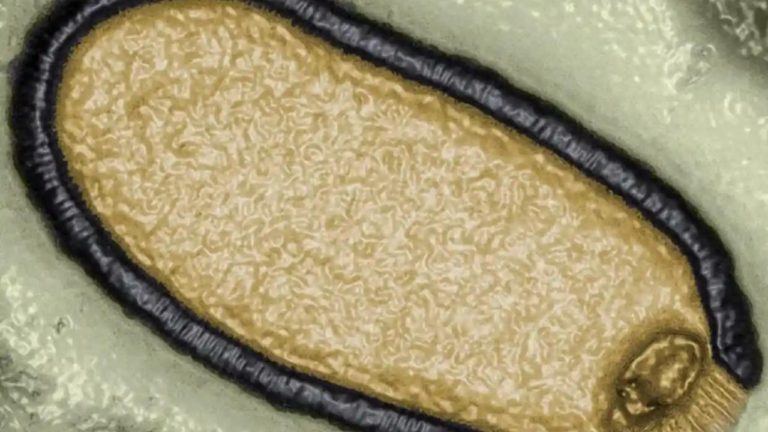WHO Warns of Malaria Threat from New Mosquito Species in Nigeria and Beyond
In Nigeria and other African countries, there’s a growing worry about more malaria cases. It’s linked to a unique mosquito called “Steve.” Scientists call it Anopheles Stephensi.
by TAUHID SHAH: January 21: Sunday: 21:11 PM| 2024 Updated.
Amid Nigeria and other African countries, there’s a growing concern about increasing malaria cases. The cause? A unique mosquito named “Steve” (scientifically known as Anopheles Stephensi).
As per the pronouncement by the World Health Organization (WHO), the “Steve” mosquito, originating from South Asia, made its inaugural appearance in Djibouti back in 2012. Since its discovery, the spread of malaria has been rampant across the nation, with the mosquito extending its reach to seven African countries, including Ethiopia, Sudan, Somalia, Kenya, Nigeria, and Ghana.
According to the World Health Organization (WHO), the “Steve” mosquito, originally from South Asia, first showed up in Djibouti in 2012. Since then, malaria has been spreading fast in the nation, and the mosquito has reached seven other African countries, including Ethiopia, Sudan, Somalia, Kenya, Nigeria, and Ghana.
The “Steve” mosquito, characterized as an urban breeder with a penchant for arid environments, distinguishes itself from its counterparts, which typically inhabit riverbanks and marshy areas.
This mosquito, known as “Steve,” likes urban areas and dry places, which makes it different from other mosquitoes that usually live near rivers and wetlands.
This particular species poses a formidable challenge in containment due to its limited tolerance for moisture and inclination to proliferate in waterlogged areas such as gutters, tires, and containers.
Dealing with this mosquito is tough because it doesn’t like moisture and likes to breed in wet places like gutters, tires, and containers.
The idiosyncratic behaviors exhibited by this novel species, including daytime biting and resistance to commonly used insecticides, have sparked apprehension among experts.
Experts are worried about the unique behaviors of this mosquito, like biting during the day and not responding well to usual bug sprays.
Dr. Dorothy Achu, the chief of tropical diseases in Africa for WHO, underscores the peril that “Steve” presents in urban landscapes, casting doubt on the effectiveness of existing interventions predominantly centered around indoor therapies.
Dr. Dorothy Achu, who works with the World Health Organization, is concerned about how dangerous “Steve” is in cities. She’s not sure if the usual treatments used inside houses will work.
Highlighting the hindrance posed by the difficulty in locating and eliminating this resilient mosquito from hostile environments, Dr. Achu emphasizes the pressing need for inventive solutions as the “Steve” mosquito continues its expansion. Health experts grapple with the urgency of addressing this new menace to malaria control in Africa.
Dr. Achu points out how hard it is to find and get rid of this tough mosquito in tough places. She says we need new and creative solutions as “Steve” keeps spreading. Health experts are working hard to tackle this new threat to controlling malaria in Africa.
Various African nations persist in executing comprehensive malaria eradication initiatives incorporating a blend of preventive measures, diagnostic tools, and therapeutic interventions.
Many African countries are working on getting rid of malaria completely. They’re using a mix of prevention, testing tools, and medical treatments.
Cape Verde stands as the latest addition to the trio of African nations declared malaria-free. The relentless pursuit of innovative approaches becomes imperative as the “Steve” mosquito challenges established norms in the ongoing battle against malaria on the African continent.
Cape Verde is the newest country in Africa to be free of malaria. But the fight against malaria is still tough, especially with the challenges brought by the “Steve” mosquito. We need new and smart ways to keep up the battle.
NOTE:
This article has been written by humans and AI to explain the information in more depth and to serve information to the people, this article has been written by humans. If there is any mistake in this information. Or if something is written wrong then you can contact us at this email “theWBC.org.in@gmail.com”




